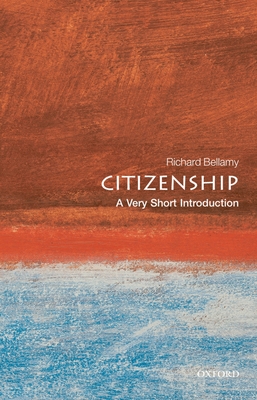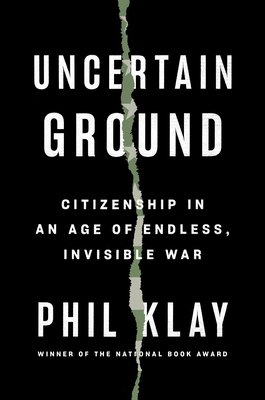
description
en higher. Politicians of all stripes stress its importance, as do church leaders, captains of industry and every kind of campaigning group--from those supporting global causes, such as tackling world poverty, to others with a largely local focus, such as combating neighborhood crime. In this brilliant, compact introduction, Richard Bellamy offers an eye-opening look at an idea that is as important as it is rare--the prospect of influencing government policy according to reasonably fair rules and on a more or less equal basis with others. Bringing together the most recent scholarship, the book sheds light on how ideas of citizenship have changed through time from ancient Greece to the present, looks at concepts such as membership and belonging, and highlights the relation between citizenship, rights, and democracy. Bellamy also examines the challenges confronting the very possibility of citizenship today, the impact of globalization, the desirability of "global citizenship," the teaching of citizenship in schools, citizenship tests for immigrants, and the many different definitions and types of citizenship in modern society. About the Series: Combining authority with wit, accessibility, and style, Very Short Introductions offer an introduction to some of life's most interesting topics. Written by experts for the newcomer, they demonstrate the finest contemporary thinking about the central problems and issues in hundreds of key topics, from philosophy to Freud, quantum theory to Islam.
member goods
No member items were found under this heading.
Return Policy
All sales are final
Shipping
No special shipping considerations available.
Shipping fees determined at checkout.







